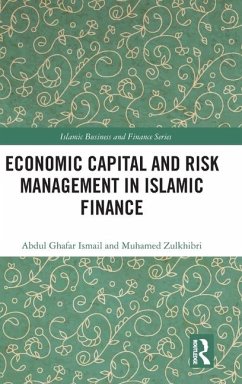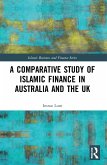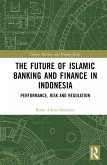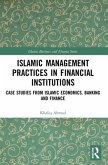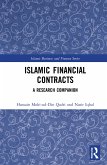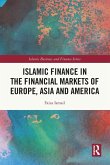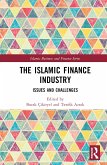Economic capital is the subject of great debate among academics and professionals in the field of risk management. Conceptually, Islamic finance's encouragement of risk-sharing eliminates the debt burden encountered by the conventional banking sector. The majority of the Islamic banking system is based on equity-based financing. To be effective in practice, a variety of well-functioning institutions are required to translate Islamic banking concepts into a 'real-world' financial system. In spite of this, the regulatory, legal, product and operational requirements specific to Islamic banks may necessitate a distinct strategy for managing capital-related risks. This book provides a comprehensive review of the theoretical and practical aspects of Islamic economic capital in relation to contemporary Islamic finance.
Drawing on the risk-sharing concept, this book delves into the core concept of economic capital from an Islamic perspective, including comparisons to conventional finance theory. Furthermore, it introduces alternative models and offers practical examples to strengthen the regulation and supervision of the Islamic banking system. It also addresses critical policy challenges concerning economic capital in Islamic finance, especially in dual banking countries. This book seamlessly integrates new theory with empirical insights and discusses emerging themes, including stress testing and Shari'ah compliance issues. Most of the chapters are illustrated with real-world cases and practical examples.
This book is intended for advanced degree students in finance, and investment professionals, as well as financial practitioners and advisors, particularly those who are pursuing Islamic economics and finance courses.
Drawing on the risk-sharing concept, this book delves into the core concept of economic capital from an Islamic perspective, including comparisons to conventional finance theory. Furthermore, it introduces alternative models and offers practical examples to strengthen the regulation and supervision of the Islamic banking system. It also addresses critical policy challenges concerning economic capital in Islamic finance, especially in dual banking countries. This book seamlessly integrates new theory with empirical insights and discusses emerging themes, including stress testing and Shari'ah compliance issues. Most of the chapters are illustrated with real-world cases and practical examples.
This book is intended for advanced degree students in finance, and investment professionals, as well as financial practitioners and advisors, particularly those who are pursuing Islamic economics and finance courses.

